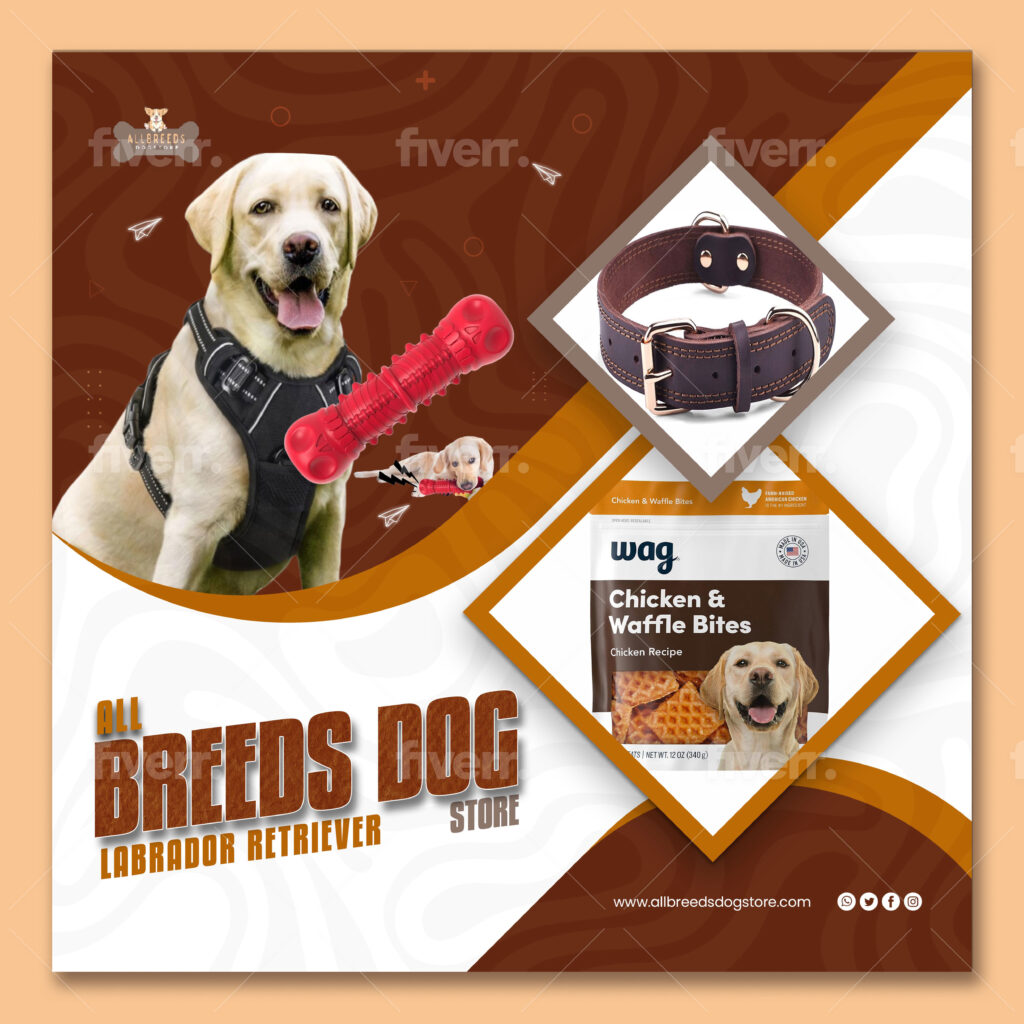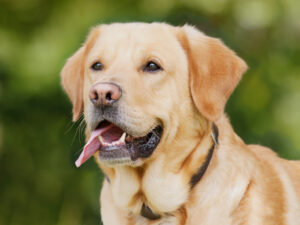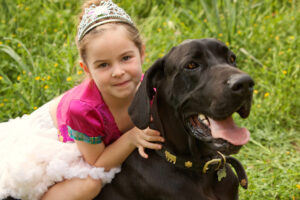Labrador Retrievers are one of the most adaptable and cheerful dog breeds. However, the seasonal changes throughout the year can affect their physical and mental well-being. From the scorching heat of summer to the chilly winds of winter, each season presents unique challenges and opportunities for Labrador Retrievers. Proper care, attention, and adjustments in their routine can keep your Labrador happy and healthy, no matter the season.
In this guide, we’ll explore how to maintain your Labrador Retriever’s happiness and well-being during seasonal changes.
Understanding Seasonal Changes and Their Impact on Labradors
1. Summer
Labradors are energetic dogs that love outdoor play, but high temperatures can lead to overheating or dehydration. Their double coat provides insulation but can make them susceptible to heat exhaustion.
2. Winter
While Labradors have a dense double coat that offers some protection against the cold, extreme temperatures can still pose a threat. Ice, snow, and freezing winds can affect their paws and overall comfort.
3. Spring
Spring is a season of renewal, but it also brings allergies, muddy grounds, and sudden rain showers that can challenge your Labrador’s cleanliness and health.
4. Autumn
Falling leaves and cooler temperatures are ideal for long walks, but the season also comes with potential hazards, such as toxic plants, mushrooms, and increased shedding.
How to Keep Your Labrador Happy and Healthy During Each Season
Summer: Beat the Heat
Hydration is Key
Always provide fresh, clean water for your Labrador, both indoors and outdoors. Consider adding ice cubes to their water bowl for extra cooling.Adjust Exercise Routines
Exercise your Labrador during the cooler parts of the day, such as early morning or late evening. Avoid strenuous activities during peak heat hours.Provide Shade and Cooling Options
Use a shaded area or cooling mat for your dog to rest.
If your Labrador loves water, let them splash around in a kiddie pool or enjoy a safe swim in a dog-friendly lake.
Protect Their Paws
Pavement can get extremely hot and burn your Labrador’s paw pads. Walk them on grassy areas and test surfaces with your hand before heading out.Watch for Signs of Heatstroke
Symptoms include excessive panting, drooling, lethargy, and red gums. If you notice these signs, cool your dog immediately and contact a vet.
Winter: Stay Warm and Cozy
Layer Up
While most Labradors can handle cold temperatures, extreme conditions might require a dog coat, especially for puppies, seniors, or short-haired individuals.Protect Their Paws
Snow, ice, and de-icing chemicals can irritate or injure your Labrador’s paws. Use paw balms or dog booties to protect them. Rinse their paws with warm water after walks to remove any harmful substances.Provide Indoor Activities
When outdoor play is limited, keep your Labrador entertained indoors with interactive toys, puzzle games, and short training sessions.Monitor Their Diet
Labradors may require slightly more calories during winter if they are more active outdoors. However, be mindful not to overfeed, as Labradors are prone to obesity.
Spring: Stay Clean and Allergy-Free
Combat Seasonal Allergies
Springtime allergens, such as pollen and grass, can cause itchy skin, watery eyes, or sneezing. Regularly wipe down your Labrador after outdoor adventures and consult a vet if allergies worsen.Manage Mud and Rain
Use a dog-friendly raincoat for wet walks.
Keep towels and grooming supplies handy to clean muddy paws and fur.
Check for Parasites
Spring is prime time for fleas and ticks. Use veterinarian-approved preventatives and regularly inspect your Labrador’s coat for any unwanted guests.Encourage Outdoor Exploration
The moderate temperatures of spring are perfect for hikes and walks, allowing your Labrador to burn off energy while exploring nature.
Autumn: Embrace the Outdoors with Caution
Monitor Seasonal Shedding
Labradors often shed more during fall as they prepare for their winter coat. Regular brushing can reduce loose fur and keep their coat healthy.Beware of Toxic Plants
Fallen leaves can hide mushrooms, acorns, and other toxic substances. Supervise your Labrador during walks and discourage them from eating anything off the ground.Prepare for Shorter Days
As daylight hours decrease, consider using reflective collars or leashes during evening walks to keep your Labrador visible and safe.Seasonal Enrichment
Autumn is an excellent time for outdoor games like fetch or scent work, allowing your Labrador to engage their natural instincts while enjoying the crisp air.
General Tips for Managing Seasonal Transitions
Routine Check-Ups
Regular vet visits ensure your Labrador is healthy and ready to face seasonal changes. Your vet can also recommend appropriate flea, tick, and heartworm preventatives.Adjust Grooming Practices
Brush your Labrador more frequently during shedding seasons (spring and fall).
Bathe them as needed but avoid over-bathing, as it can strip their coat of natural oils.
Mental Stimulation
Seasonal changes can disrupt outdoor activities, making mental stimulation even more crucial. Interactive toys, training exercises, and playtime keep your Labrador engaged and happy.Monitor Behavior and Health
Keep an eye out for any changes in your Labrador’s behavior or physical condition, such as lethargy, itching, or weight gain. Early detection can prevent minor issues from escalating.








